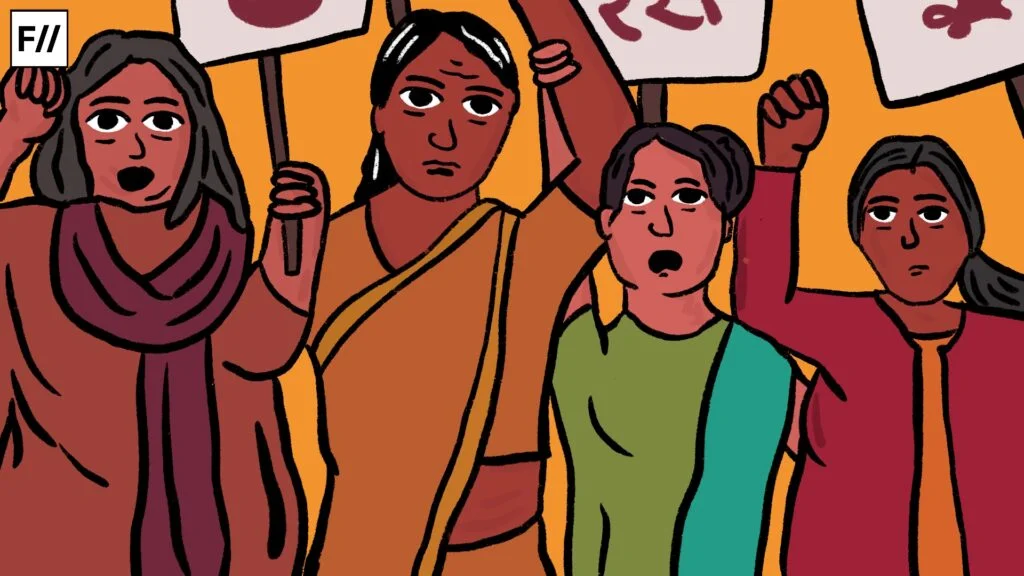The West Bengal Legislative Assembly on Tuesday (September 3, 2024) unanimously passed the “Aparajita Women and Child (West Bengal Criminal Laws Amendment) Bill, 2024.” The legislation comes about 25 days after the rape and murder of a doctor at R.G. Kar Medical College and Hospital, which triggered outrage not only in the State but across the country. The Bill, proposed to amend the Bharatiya Nyay Sanhita (BNS) 2023, Bharatiya Nagarik Suraksha Sanhita, 2023 laws and the Protection of Children from Sexual Offences Act 2012 in their application to the state to make punishment for rape and child abuse more stringent.
The legislation comes about 25 days after the rape and murder of a doctor at R.G. Kar Medical College and Hospital, which triggered outrage not only in the State but across the country.
The BJP welcomed the bill but noted that the BNS already includes stringent measures for addressing crimes against women and children. ‘We wanted the Centre to amend its existing laws and include stricter clauses to ensure exemplary punishment for perpetrators and quicker justice to victims. They showed no enthusiasm for it. That’s why we made the move first,‘ Banerjee said in the assembly.
What does the new bill propose?
The proposed Bill aims to bring about changes in the Bharatiya Nyay Sanhita 2023, Bharatiya Nagarik Suraksha Sanhita 2023, and the Protection of Children from Sexual Offences Act 2012. These changes are intended to impose stricter penalties and expedite the investigation and trial processes for cases involving rape or rape and murder.
Stricter penalties for rape
The punishment for the offence of rape (Section 64, BNS) is being proposed to be increased to life imprisonment for the remainder of the convict’s natural life or death, along with a fine. The amendment replaces the previous provision to ‘rigorous imprisonment for life, which shall mean rigorous imprisonment for the remainder of the person’s natural life and fine, or with death‘.
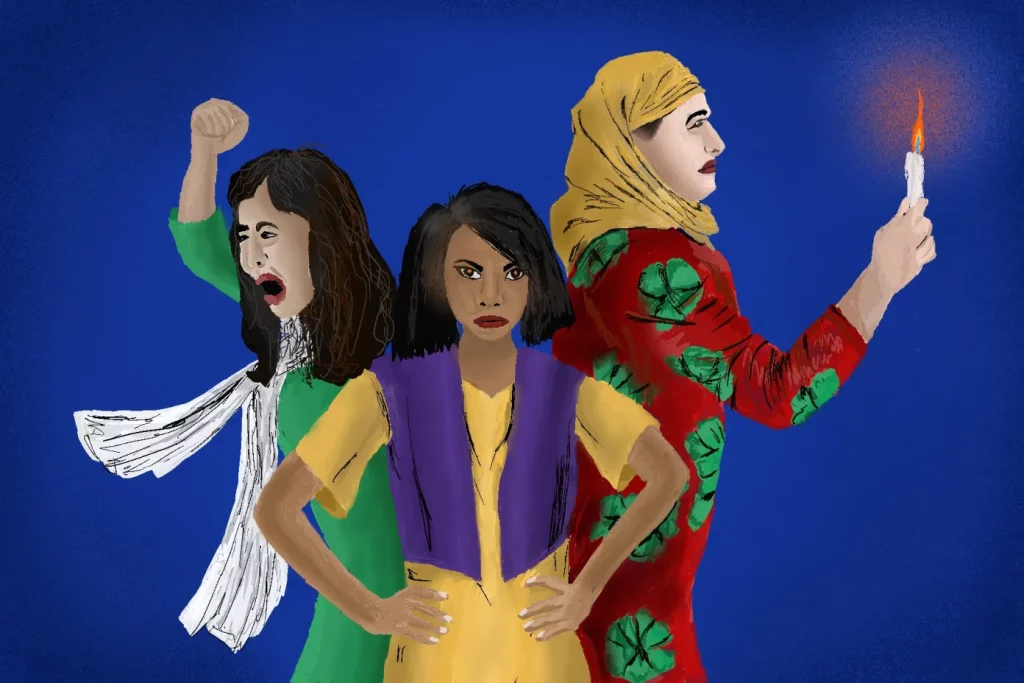
The bill also modifies Section 64 (2) of BNS, which addresses cases of rape comprising police officers, public servants, members of the armed forces, or individuals in charge of jails or remand homes, among others. The punishment has been revised to include ‘rigorous imprisonment for life, which means the person will be imprisoned for the rest of their natural life, along with a fine or death penalty.‘
In cases of rape resulting in the victim being left in a vegetative state or losing their life, there is a proposal to make the death penalty mandatory as punishment, in addition with a fine. The Bill proposes severe penalties, including life imprisonment for the remainder of the convict’s life or the death penalty, for gang rape (Section 70(1) BNS).
Stronger timeframes
Amendments are being proposed to Section 193 of the BNSS in order to expedite the completion of investigations in rape cases. The proposed change aims to reduce the timeline from two months to just 21 days.
Amendments are being proposed to Section 193 of the BNSS in order to expedite the completion of investigations in rape cases.
The Bill also suggests changing Section 346(1) of the BNSS to ensure that the inquiry or trial of such cases is finished within 30 days from the filing of the chargesheet.
Particular tribunals and teams of experts
The Bill also suggested a modification to the BNSS to create special courts under a new Section, known as Section 29A, with the responsibility of ensuring the prompt conclusion of investigations or trials in cases of rape and related offences.
The Bill includes the implementation of Section 29C, which proposes the establishment of a specialised task force (Aparajita Task Force) at the district level to address cases of rape.
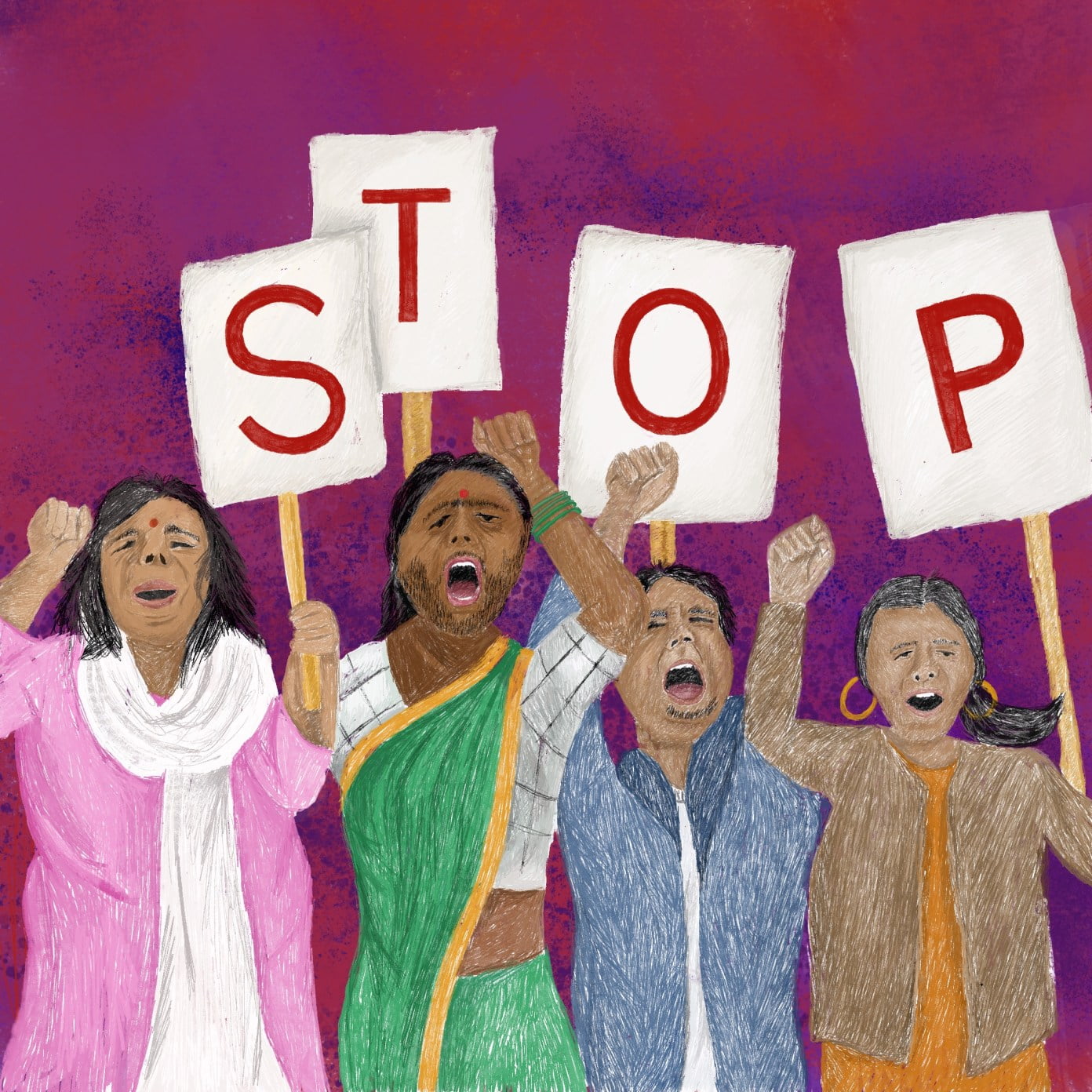
Bengal became the first state to add changes to central laws addressing offences of rape, gang-rape, and sexual crimes against children by passing the bill. “We have sought to remedy the central legislation’s gaps by means of this bill. Social reforms are needed to stop such crimes; rape is a plague against humanity,” the Chief Minister of West Bengal remarked in the assembly.
Is the bill going to pass?
There is no specific time frame or obligation in the Constitution of India for the President or Governor to approve such bills. Since criminal law falls under the Concurrent List, the Aparajita Anti-Rape Bill needs to get approval from both the Bengal Governor and the President of India before it can be enacted.
This is not the first instance where the country has witnessed the introduction of an anti-rape bill. In 2019, the Chief Minister of Andhra Pradesh introduced the Andhra Pradesh Criminal Law Bill, which included provisions for death sentences in cases of rape and gang rape. After the tragic incident involving the rape and murder of a 26-year-old veterinarian in Hyderabad, Andhra Pradesh took a significant step by becoming the first state to pass a Bill that calls for capital punishment in certain cases of offences against women.
Additionally, the state aims to expedite trials, ensuring they are completed within 21 days. In 2020, the Chief Minister of Maharashtra unanimously approved the Maharashtra Shakti Bill. The Shakti Criminal Laws (Maharashtra Amendment) Bill of 2020 drew inspiration from Andhra Pradesh’s Disha Act.
Despite the successful passage and introduction of all three progressive bills, the effective implementation of these laws is impeded by a variety of systemic challenges.
Despite the successful passage and introduction of all three progressive bills, the effective implementation of these laws is impeded by a variety of systemic challenges. For instance, the two bills that were introduced four to five years ago have not yet been enacted. Is the new Aparajita bill destined for a different outcome, or is it merely a diversion from the raging protests and collective anger that were taking place throughout India?
If passed, is the bill solution to all injustice?
According to Chief Minister, Mamta Banerjee, ‘once this Bill is enacted, it has the potential to become a model for the entire country.‘ In spite of the existing promising legal reforms and strict laws, the justice system and Indian women continued to face significant challenges due to procedural delays.
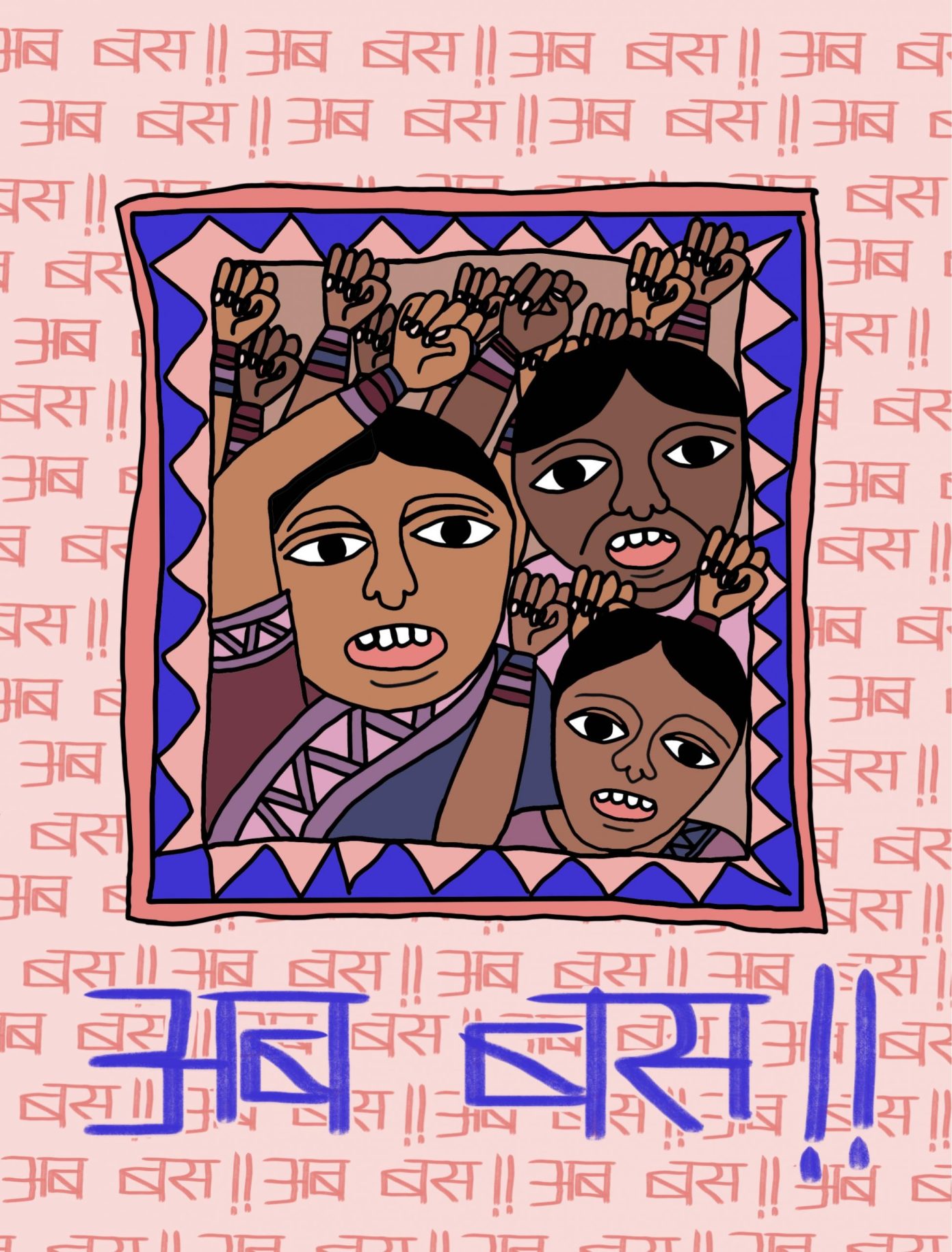
Can the implementation of numerous new laws and the push for expedited justice contribute to combating rape culture? Will the implementation of the death penalty for rapists effectively reduce the occurrence of such heinous crimes, or does it primarily serve as a reflection of our collective anger?
Considering the extensive history of women being enslaved, patriarchal standards, misogyny, sexual abuse, and cultural limitations and daily restraints, it is understandable that the public feels anger and helplessness when it comes to requests for the death penalty. At the same time studies have shown that death penalty is the not the solution to the crime and violence against women.
The implementation of anti-rape laws is still overshadowed by the enduring social stigma surrounding sexual violence. Victims often face unwarranted blame and investigation, discouraging many from speaking out and hindering the pursuit of justice. This negative perception continues to foster an environment of secrecy, which weakens the effectiveness of the most well-meaning laws.
In addition, the justice delivery system in India experiences considerable delays. The legal process, from initiating a complaint to reaching a final verdict, can be incredibly time-consuming. While the new bill aims to address the issue of delay, it is worth considering whether it is feasible to complete the necessary groundwork within the given timeframe. This is especially important given the time-consuming paperwork and delays often associated with government works.
While the new bill aims to address the issue of delay, it is worth considering whether it is feasible to complete the necessary groundwork within the given timeframe.
In order to effectively bridge the gap between the passage of laws and their implementation, it is important to address both societal attitudes and systemic reforms simultaneously. It is crucial to have robust laws, but taking decisive actions is even more vital. The government drafted the bill swiftly, but will they demonstrate the same speed and efficiency when it comes to delivering justice?
Are rape laws gender inclusive?
Amidst the ongoing discussions surrounding the new anti-rape bill, it is worth noting that both the Bharatiya Nyaya Sanhita and the Aparajita Anti-Rape Bill do not include specific sanctions for rapists who target transgender persons. There is a need to highlight the deficiencies in India’s current rape legislation, which do not adequately safeguard men and transgender persons as victims of rape, it is centring solely on cisgender women. While significant progress has been made in enacting legislation to safeguard women, it is crucial to recognise that men and the transgender community continue to be susceptible and lack explicit legal protections against sexual assault.
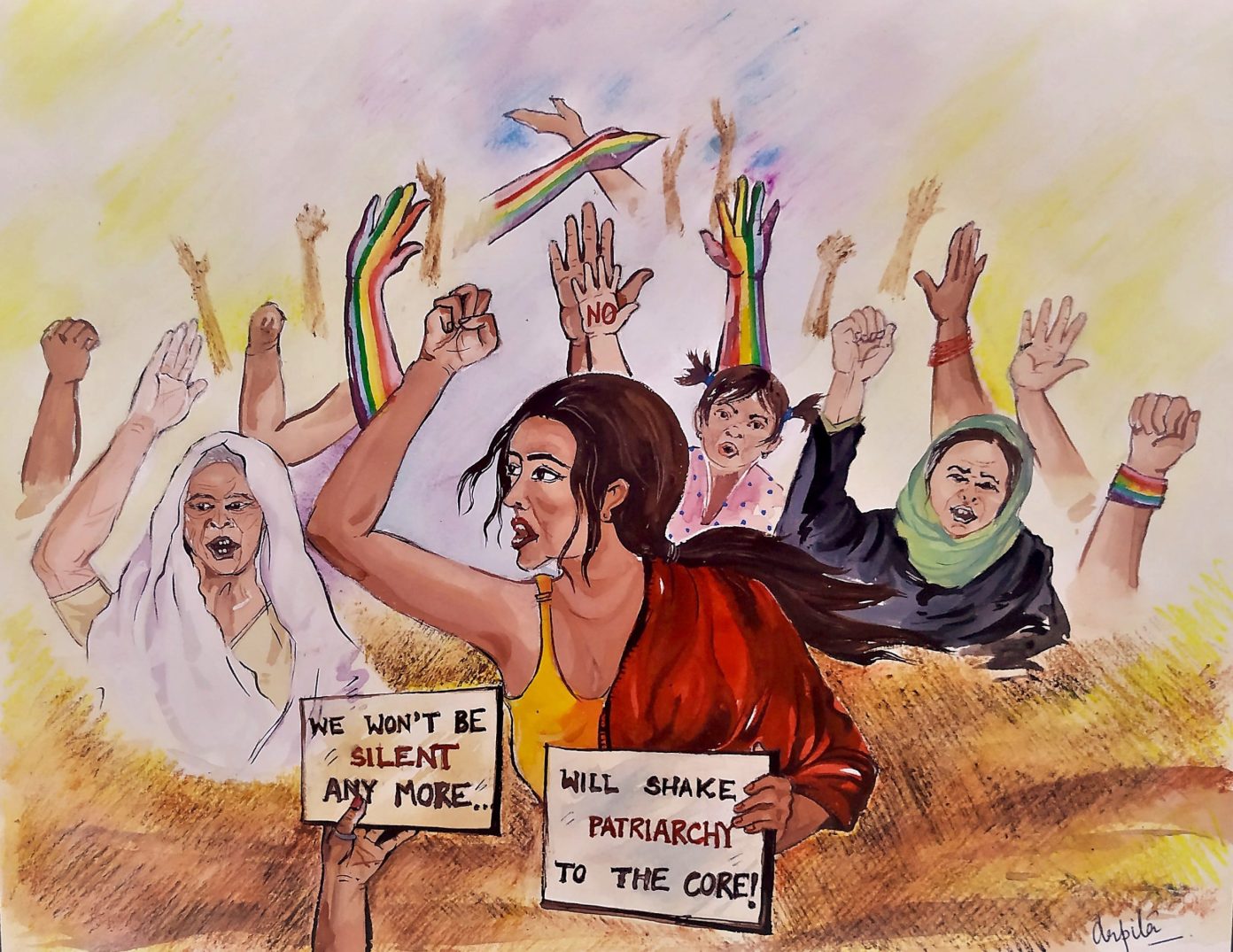
Is it mandatory for a heinous crime to occur against other genders before a law is enacted in our country to protect them? Will the patriarchal and misogynistic social structure ever allow it to form considering the social stigma related to gender?
It is essential to ensure that rape laws are more comprehensive in terms of safeguarding individuals of all genders. It can be done by broadening the legal definitions to include men, transgender, and non-binary persons as possible survivors. This can be achieved by removing gender-specific language in legislation and reinstating the safeguards that were previously provided in Section 377 of the Indian Penal Code.
An emphasis should be placed on implementing equitable legislative measures to address sexual violence irrespective of gender. Implementing equal protection and specialised legal remedies is of utmost importance in order to avoid the marginalisation of men and transgender survivors within rape legislation.
